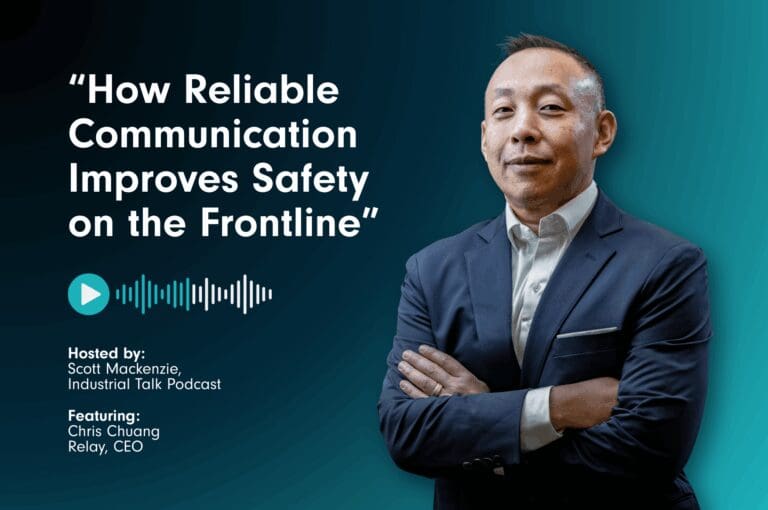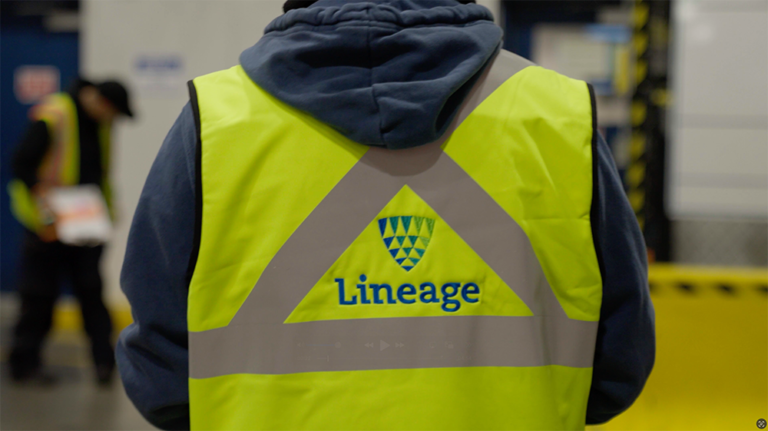Did you know that hotels with happier employees often see a big increase in guest satisfaction? While many hotels focus on luxury amenities and stunning spaces, the real secret to unforgettable guest experiences lies in the technology that empowers your staff to perform their best. Investing in employee-first technology in the hospitality industry can be a powerful driver of guest satisfaction.
Employee-first technology in hospitality refers to tools that support staff directly by improving their productivity and reducing stress. These tools include advanced communication devices, automated scheduling software, task management platforms, safety systems, and more. The result? Higher employee morale, which directly leads to improved guest interactions and services.
The Hidden Link Between Employee-First Technology and Guest Satisfaction
Surveys show that happy employees can lead to greater guest experiences. Staff who feel supported, engaged, and confident in their roles tend to bring more energy and enthusiasm to guest interactions. Conversely, stressed or overburdened employees can lead to subpar service, even in luxury settings.
While a positive work environment is key, technology also plays a big role in boosting employee satisfaction. Automation tools, for example, streamline repetitive tasks, allowing staff to focus more on their primary responsibilities.
Empowerment Through Automation in Hospitality
In hospitality, efficiency is essential. Tasks like managing room assignments, responding to guest requests, and tracking special preferences can be time-consuming and error-prone when handled manually.
Employee-first technology is a game-changer in this respect, as it helps staff work more efficiently and focus on delivering great service. With the right tools, like automated task management systems to streamline operations, or guest service platforms to manage interactions across channels, guests benefit as well.
These tools not only improve productivity and coordination but also give staff more time to create great experiences for guests, leading to higher satisfaction and loyalty.

Using Employee-First Technology for Clear and Effective Communication
Communication breakdowns can result in misunderstandings, missed guest requests, and operational disruptions. With 71% of customers now expecting real-time communication, your staff should be prepared to streamline guest needs using communication technology.
Reliable communication technology, such as walkie-talkies or radios, gives staff the ability to send and receive messages instantly, regardless of where they are on the property. Even better, are devices with the ability to translate across languages in real-time, keeping every staff member in the loop.
With all team members staying informed about guest needs, urgent tasks, and internal updates, requests are handled faster, issues are resolved quickly, and service becomes more efficient and responsive.
Besides improving communication, technology can also be a lifesaver in emergencies.
Focusing on Employee Safety
Prioritizing employee safety boosts staff confidence and productivity. Technology like panic buttons ensure quick assistance during emergencies and help put employees at ease, knowing that help is only the press of a button away.
Likewise, cybersecurity training and secure login processes safeguard staff from online threats. Data privacy protections show a commitment to staff and customer well-being, promoting a more secure environment.
Improving Employee Skills for Better Service
Investing in tailored development programs can result in knowledgeable employees who are better trained to serve guests well. When employees gain new skills or improve existing ones, they become more confident in their roles. This empowerment leads to greater engagement and improved service quality.
With integrated training modules on customer service, safety, and cultural sensitivity, technology can empower employees to continuously improve their skills, making sure they provide top-tier service to guests.
Alleviating Stress Through Self-Service Solutions
Empowering employees with self-service tools can reduce stress and improve job satisfaction. These systems allow staff to access work schedules, update availability, and request time off without relying on supervisors for every adjustment. Such features offer a sense of control and autonomy that contributes to overall job happiness.
When employees aren’t weighed down by administrative tasks, they can shift their attention back to guest interactions, providing proactive service and responding more enthusiastically to requests.
The Ripple Effect of High Employee Retention
The hospitality industry is infamous for high employee turnover, which can disrupt service consistency and lead to increased training costs. Investing in employee-first technology shows staff that they’re valued, which can help improve job satisfaction and retention rates.
Guests benefit from this stability too, as a well-trained, experienced team provides consistent and high-quality service. Building strong bonds between long-term staff and repeat guests builds loyalty and makes each visit more enjoyable.
Challenges of Employee-First Technology in Hospitality to Consider
It’s important to acknowledge potential hurdles when implementing new technology. Training staff to use new systems effectively, overcoming resistance to change, and managing initial costs can be challenging. The key is clear communication about how these tools benefit both employees and guests. Supportive onboarding programs and ongoing training can mitigate resistance and maximize the technology’s impact.
Also, tracking and measuring the impact of employee-first technology on guest satisfaction requires a data-driven approach. Metrics like employee engagement scores, retention rates, task completion times, and guest satisfaction ratings can provide insights that the investment has been beneficial.
With such processes and technologies, hotels can offer better service and stand apart in today’s competitive hospitality sector.
Final Thoughts for Hospitality Leaders
Investing in employee-first technology is about creating an environment where employees thrive. Happy, engaged, and empowered employees are naturally driven to provide exceptional guest experiences. The tools that make their work easier and more meaningful ripple outward to delight guests and elevate your brand’s reputation.
Investing in employee-first technology in hospitality is no longer optional —it’s essential. Discover how Relay can empower your staff and elevate your guest satisfaction today.
To learn more about how the latest technological trends can help elevate guest experiences, download our comprehensive ebook.





